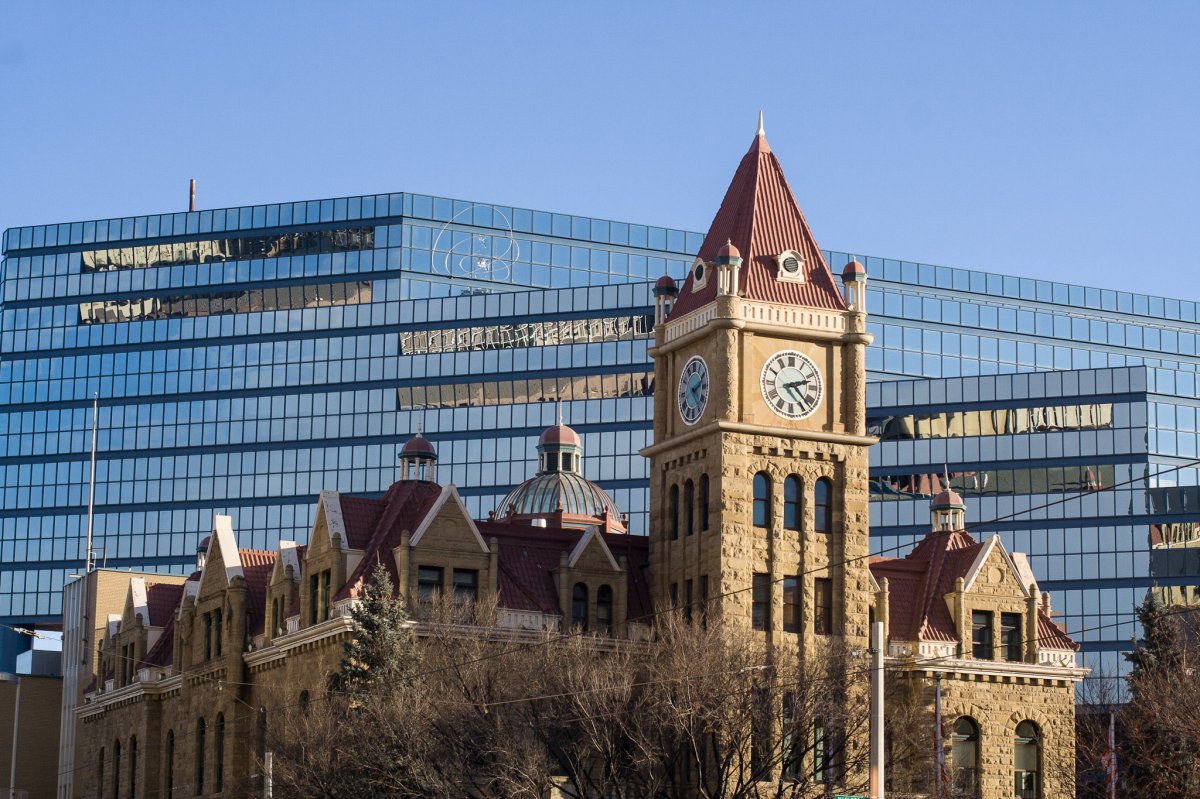Calgary city council passed its first Anti-Racism Strategic Plan on Tuesday, promising to take action to remove systemic racism in the city.

The plan, which has been in the works for three years, outlines the guiding principles and focus areas for the city’s anti-racism work from 2023 to 2027.
Guiding principles include adopting anti-colonial frameworks, advocating for racial equity and amplifying transformative and productive engagement. It also includes applying intersectionality into conversations around racial justice, centering conversations about lived experiences and monitoring for accountability at City Hall.
Focus areas include making anti-racism training and education available within communities, hiring a diverse workforce (especially in leadership), and creating racially-equitable programs and services.

The strategic plan also included stories from community members who have experienced racism in the city.
The strategic plan passed unanimously in council chambers on Tuesday.
“I’m incredibly pleased that this council has today voted unanimously on a report that was prepared by some incredible human beings within our administration, together with members of the community and other partner organisations, to talk about how we actually take action that makes us an anti-racist city,” Mayor Jyoti Gondek told reporters on Tuesday.
“I cannot stress enough the heavy work that the administration team did together with their community partners to bring this forward today.”
The strategic plan comes after 700,000 people signed an online petition circulated by the Canadian Cultural Mosaic Foundation in 2020, which called on the city to consult the community on systemic racism.
Council then filed a notice of motion in June 2020 committing the city to work on the Anti-Racism Strategic Plan. An anti-racism action committee was formed to develop and implement the strategy as well as to identify systemic barriers within the City of Calgary.

The anti-racism action committee said at least 2,700 people took part in the engagement from 2021 to 2022, where they indicated systemic racism and discrimination are widespread through various systems (health care, city services, etc.) and policies.
The city’s 2021 Cultural Assessment and Anti-Racism survey showed that more than 30 per cent of 3,000 city employees disagreed that everyone has the same growth opportunities.
The city’s 2021 street harassment survey found the majority of racialized people have experienced unwanted comments about their race, ethnicity, religion and gender. Racialized people make up about 41 per cent of Calgary’s population.
Ward 8 Coun. Courtney Walcott said the strategic plan is the blueprint for council and City Hall to create an inclusive and diverse city.
“It’s about promising them that we didn’t lose track of (this commitment),” Walcott said.
“The aspiration is not exactly to be an anti-racist city in isolation within four years. It’s to move toward justice, and justice means that we are likely going to be having this conversation over and over again.
“We have to commit to that concept of justice … Anti-racism is just the policy that surrounds justice.”
Indigenous awareness and anti-racism training needed
As part of the report, Walcott moved an amendment directing city administration to look at existing bylaws and recommend changes to require anti-racism training yearly for city councillors.
According to Walcott, councillors only get this training at the start of their four-year term and it is important to prioritize anti-racism work in council chambers. He asked city administration to report back with recommendations by the end of the year.
“Complacency is a really powerful word, and I appreciated that was the language that was used on the maturity model because complacency is being able to say, ‘I want to be an anti-racist city.’ That doesn’t mean you took action,” Walcott said.
“The cost that’s associated with action is something that we hear debated using different language every single day.”
Councillors Jennifer Wyness, Andre Chabot and Sonya Sharp raised concerns about the resources needed for additional training, saying this isn’t a small task for city administration and the anti-racism committee to take on.
In the end, the amendment passed with only Chabot voting against it.





Comments